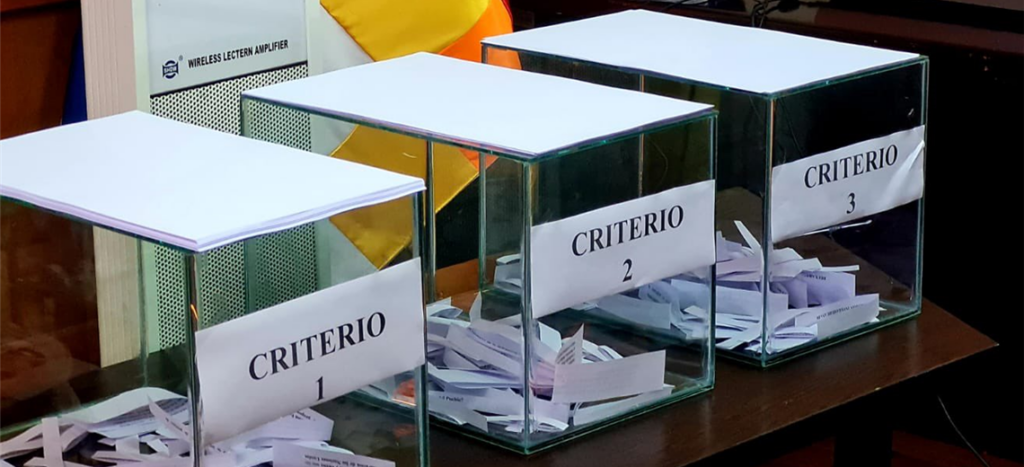The head of the Federal Agency of Public Revenues (AFIP), Mercedes Marco del Pontassured this Tuesday that “it is necessary to include electronic money, digital currencies and crypto assets in international information exchange mechanisms”, to prevent them from being used as instruments of tax evasion and money laundering.
In this sense, the official highlighted the support of the AFIP to advance in the proposals that contemplate the instrumentation of global reports of crypto assets and modifications to the mechanism of automatic exchange of information of the OECD to include electronic money, digital currencies and investments in crypto assets.
“The recent Argentine experience shows that the automatic exchange of information on financial accounts is a central tool to combat evasion maneuvers by the sectors with the greatest taxpaying capacity,” said the head of the AFIP at the inauguration of the 56th General Assembly of the Inter-American Center of Tax Administrations (CIAT), which this year is based in Argentina.

During the opening of the event, Marcó del Pont stressed that “it is necessary to include electronic money, digital currencies and crypto assets in international information exchange mechanisms to prevent them from becoming instruments that facilitate tax evasion.”
In these last two years, the AFIP was able to raise more than 800 million pesos thanks to the systematic exploitation of information on financial accounts of Argentines around the world.
“Not only did we begin to use the information received and strengthen human and technological resources, but we also created new instruments to address other problems such as possible abuses in the internal operations of large multinational companies and we launched tools that allow us to know the real owners of the companies”, expressed Marco del Pont.
“It is necessary to include electronic money, digital currencies and crypto assets in international information exchange mechanisms to prevent them from becoming instruments that facilitate evasion.”Mercedes Marco del Pont
The development of electronic means of payment and their widespread use led the AFIP to include digital accounts in February in the list of assets that could be seized by the courts to collect debts that, until then, had only been specified on bank accounts. , personal property, real estate and credits, among others, from delinquent taxpayers.
The agency has an information regime that, as it happens with financial entities, obliges virtual wallets to report information referring to their clients’ accounts.
On a universe of more than 15,000 delinquent taxpayers (uncollectible and/or without accounts in financial entities), the actions promoted by the AFIP on digital assets made it possible to resolve more than 5,000 cases.
In this way, the agency advanced in the regularization of debts for more than $11,000 million.
CIAT is an international organization specialized in tax matters that this year holds its general assembly from Argentina virtually.
As part of the event, Marcó del Pont assumed this Monday the presidency of the Board of Directors of the organization with the aim of promoting the global debate on “the exchange of information as a tool to combat international tax evasion and avoidance”.
“We deepened the recovery of the State’s capacities in terms of control to control avoidance and evasion with the focus on increasing the contribution to the collection of the sectors with the highest taxpaying capacity,” added Marcó del Pont.
And he concluded: “The collection is the genuine source of financing to implement public policies that allow progress with the necessary transformations to achieve more inclusion and equity.”
















